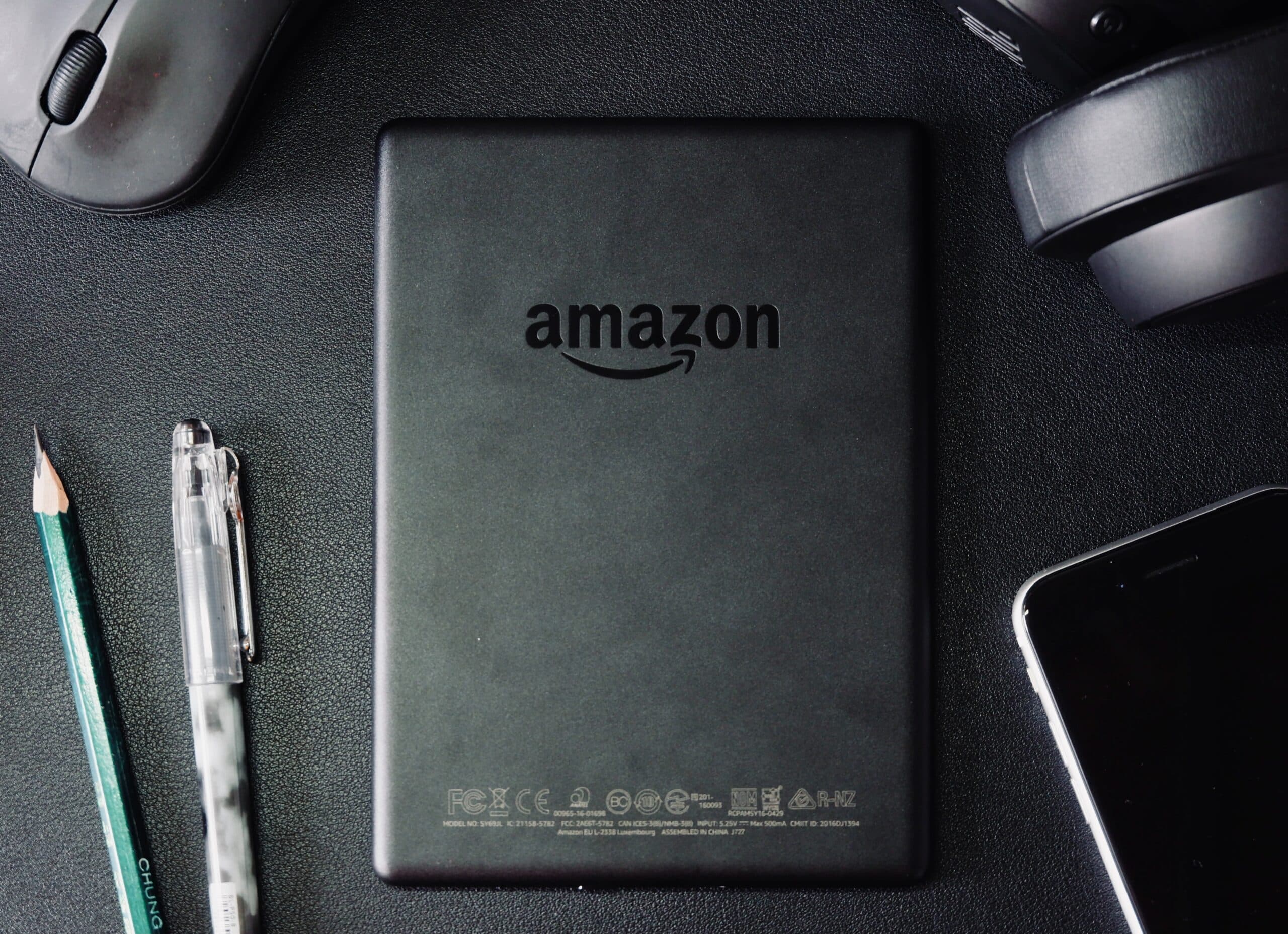Arbitration is a form of resolving legal disputes in a non-court forum. As such, arbitration is termed a form of “alternative dispute resolution.” Amazon requires arbitration via contract for its Amazon seller accounts. It is part of your Business Solutions Agreement. Many Amazon sellers sign their Business Solutions Agreement without reading it closely. Nonetheless, the portion of the agreement requiring arbitration is binding in most states. The arbitration must be conducted before the American Arbitration Association, the largest arbitration provider with the most experience. Many arbitrations are conducted in conference rooms, rather than in rooms designed like courtrooms.
As noted, arbitration is a non-court forum for resolving legal disputes. There are no judges. Rather, the persons who will resolve the dispute are called “arbitrators.” Depending on your case and preferences, you may have one or three arbitrators. There is a process through which the parties-in-dispute may choose among the arbitrators that are offered for selection. The potential arbitrators are provided by the AAA and will generally be persons with significant relevant business, arbitration, legal, or judicial expertise.
In other respects, arbitration has some similarities with a court proceeding. The arbitrators will, for example, hear testimony from witnesses and will review documents that have been properly submitted as evidence. There is a limited round of discovery where the parties exchange documents to be used at “trial” and provide witness lists. In many respects, the Rules of Evidence will apply.
Unlike a court proceeding, there is little chance of appealing an arbitration verdict. So, in most cases, an arbitration award or verdict will be a final award/verdict.
In terms of costs and fees, arbitration is “pay-as-you-go.” The parties in dispute pay the originating fees and the arbitrator’s fees as the process progresses on a 50/50 basis. The arbitrators each charge $1,000+ per day, including preparation days and hearing days.
In terms of procedure, Amazon requires that a Request for Arbitration be sent first to Amazon’s registered agent. This is generally just a letter that explains that arbitration is demanded and the reasons supporting the demand. After that has been sent, an Amazon Seller submits an official “Demand for Arbitration” (along with appropriate documents to the AAA. This official Demand is similar to a “Complaint” that is filed to start a court proceeding. The filing fee must be paid when the Demand is sent.
Shortly after the Demand is filed, the parties will engage in the process of choosing an arbitrator or arbitrators. As noted, the AAA will submit to the parties several potential candidates with copies of documents detailing relevant experience. When the parties agree on acceptable arbitrators, those are then invited by the AAA to arbitrate the dispute. From this point, in brief, the arbitration proceeds as follows:
- Preliminary hearing — often done remotely; involves initial discussions and a brief outline of case and parties and the setting of the schedule
- Discovery phase — usually 30-60 days on the schedule; the parties exchange documents, witness statements, engage in depositions (if permitted), etc.; if requested, arbitrators resolve disputes
- Expert witness phase — if needed
- Evidentiary Hearings — this is similar to a courtroom trial; may take one or several days
- Post-hearing phase — this is not always done, but after the hearings, the arbitrators may allow the submission of briefs, additional documents, and evidence to be considered before a decision is made
- Award — within a few weeks after the hearings, the arbitrators will announce their award/verdict
The whole process is planned to be completed in 9 months to a year.
Contact the Amazon Sellers Attorneys at Revision Legal
For more information, contact the experienced Amazon Sellers Lawyers at Revision Legal. You can contact us through the form on this page or call (855) 473-8474.




